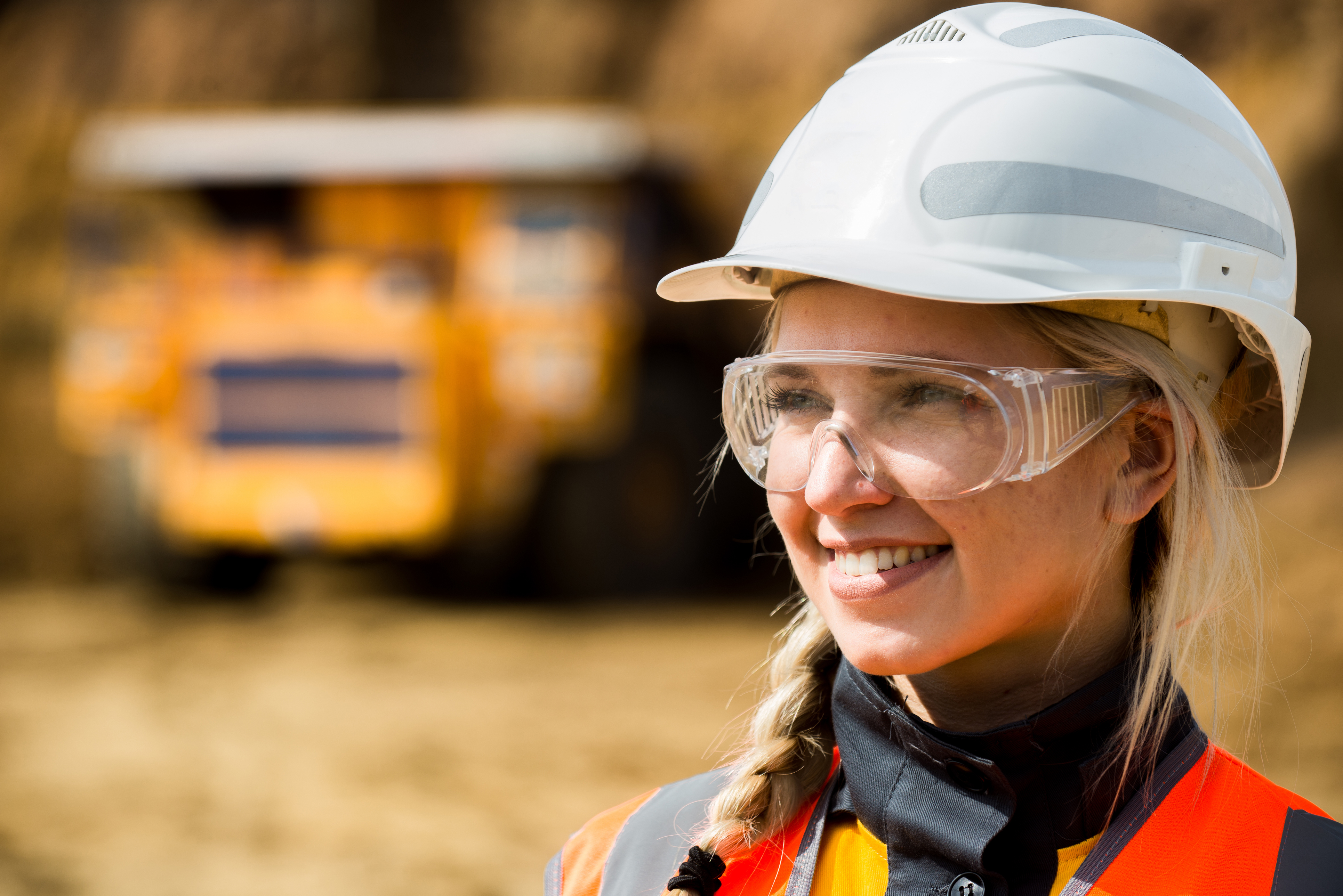Media release
From:
WA mining industry making strides in gender inclusion, ECU study finds
A new Edith Cowan University (ECU) study has revealed that mining companies have made strong progress in hiring more women and are now turning their focus to building inclusive workplace cultures where women feel valued, safe, and supported.
Led by PhD researcher Dr Ashley McGrath through the WA Government-funded Mental Awareness, Respect and Safety (MARS) Centre, the study found that five Western Australian mining companies, which took part in the study, had set 63 targets focused on hiring and promoting more women, but just three related to inclusion efforts, such as helping women feel safe, respected, and supported once they were in the workforce.
“That gap is critical and presents a huge opportunity for organisations to get more sophisticated on measuring how included their people are feeling,” Dr McGrath said.
“You can meet hiring targets but if those people don’t feel that they are valued and empowered, everyone misses out on the benefits.”
Collaboration is key
The study has also uncovered a strong appetite for collaboration across the sector, with 16 new joint initiatives identified, including co-funded advertising campaigns and shared research into why women leave the industry. Despite being commercial competitors, participating companies demonstrated a united commitment to improving diversity and inclusion.
“This reflects a growing belief that creating a more inclusive workplace is a shared responsibility rather than a task for individual organisations alone,” Dr McGrath said.
Key drivers of progress included safety, respect, and clear goal-setting, which were consistently highlighted as the most effective levers for change. Inclusion efforts gained the most traction when visibly supported by leadership, and in some cases, diversity targets were built into executive scorecards and linked to financial incentives. However, communication remains a critical gap. Many employees were unaware of existing initiatives, even when they were working well. Storytelling, internal champions, and small, practical changes such as flexible rosters or improved facilities were most effective when paired with clear messaging that explained why the changes mattered.
“The findings offer a roadmap not only for mining, but any industry trying to shift from numbers-based diversity to real, lasting inclusive workplace cultures.
“When organisations focus on inclusion, everyone gains from a safer, more respectful, more flexible and more successful workplace,” she added.
The study went behind the scenes of five Western Australian mining companies, speaking directly with CEOs and HR leaders to understand how the industry is really faring in its inclusion and diversity efforts.
Participant organisations included South32, Gold Fields, Thiess and Evolution Mining who contributed through interviews and focus groups as well as sharing policy documents and implementation plans.
“This research takes us beyond policy statements and into the operational reality of change in one of Australia’s most male-dominated sectors,” said Professor Tim Bentley, Director of the MARS Centre which is established at ECU’s School of Business and Law.
“It offers unique, practical insight for both industry leaders and policymakers.”
- ends -



 Australia; WA
Australia; WA


